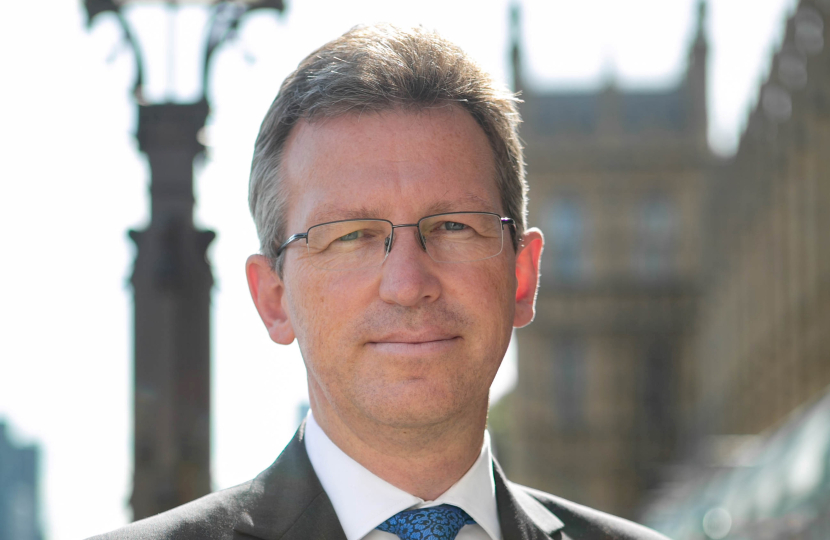
The Tobacco and Vapes Bill which was considered by the House of Commons this week is a piece of legislation which will make sensible changes to the law on vaping to ensure that it is done by adults transitioning away from cigarettes rather than by children, but which also has a very ambitious aim – to bring about a major reduction in smoking by preventing young people taking up the habit in the first place. It does that by effectively increasing the age at which cigarette purchases are illegal until everyone is included, though this will take decades.
The UK has passed successive pieces of legislation to reduce smoking. Large new health warnings were introduced for tobacco packaging in 1991, and in 2006 smoking on public transport was prohibited. Since 2007, smoking has been banned in virtually all public places. In 2014, it became illegal to buy cigarettes for under 18s and the following year, smoking in vehicles with children present was prohibited.
There is no disagreement in this debate of course with the argument that smoking is a bad thing, and it would be better if nobody did it. The objections to the Bill are focussed on the impact it will have on the freedom of adults to make their own decisions and on the practicalities of the rolling ban on smoking which the Bill proposes.
On the question of practicalities, there will indeed be some challenges to resolve – this legislation will require proof of age in the future for adults who wish to purchase cigarettes, not just those who look like they might be children, but this will I think be a relatively minor inconvenience for what should be a declining number of smokers.
More significant is the intended restriction on individual freedom, but the truth is that, as a society, we do restrict adult freedoms when we consider it necessary to do so for our collective wellbeing. We do not allow adults to travel in cars when drunk, or even without wearing a seatbelt. We do not allow adults to use cocaine or heroin without criminal sanction. Of course, those substances have never been legal, and tobacco has, but it is important to say that it will be many decades before those who smoke now will be prevented by this legislation from doing so – its primary effect is on preventing people from starting to smoke in the first place.
Most importantly though, we have to consider the grounds for restricting freedom in this way. Tobacco is different from other things which could harm our health like food, or even alcohol, because it is highly addictive, there is no safe level of consumption and even using it as the manufacturer recommends will have a huge and damaging effect on your health.
Smoking causes around 80,000 preventable deaths every year in the UK and is the number one preventable cause of death, disability and ill health. Reducing the number of those who take up smoking will prevent much individual misery and pain, but for me the clinching argument is the effect on the NHS. Smoking costs £17 billion a year, the bulk of which falls on the NHS. This is not covered by the tax revenue derived from tobacco sales, which amounts to £10 billion. Despite consistently increased funding over decades, the NHS remains under consistent financial pressure because demand on it continues to increase. Serious politicians of all parties have to recognise that an NHS conceived in the 1940s when treatments where fewer and cheaper and life expectancies were shorter will continue to struggle to meet modern demand unless we help it to do so.
More money cannot be the whole answer, we have to do something about demand too, and likely something radical. Taking bold steps such as this to address one of the greatest pressures on the NHS seems to me one of the least problematic ways, we might do that and for that reason this Bill has my support.

